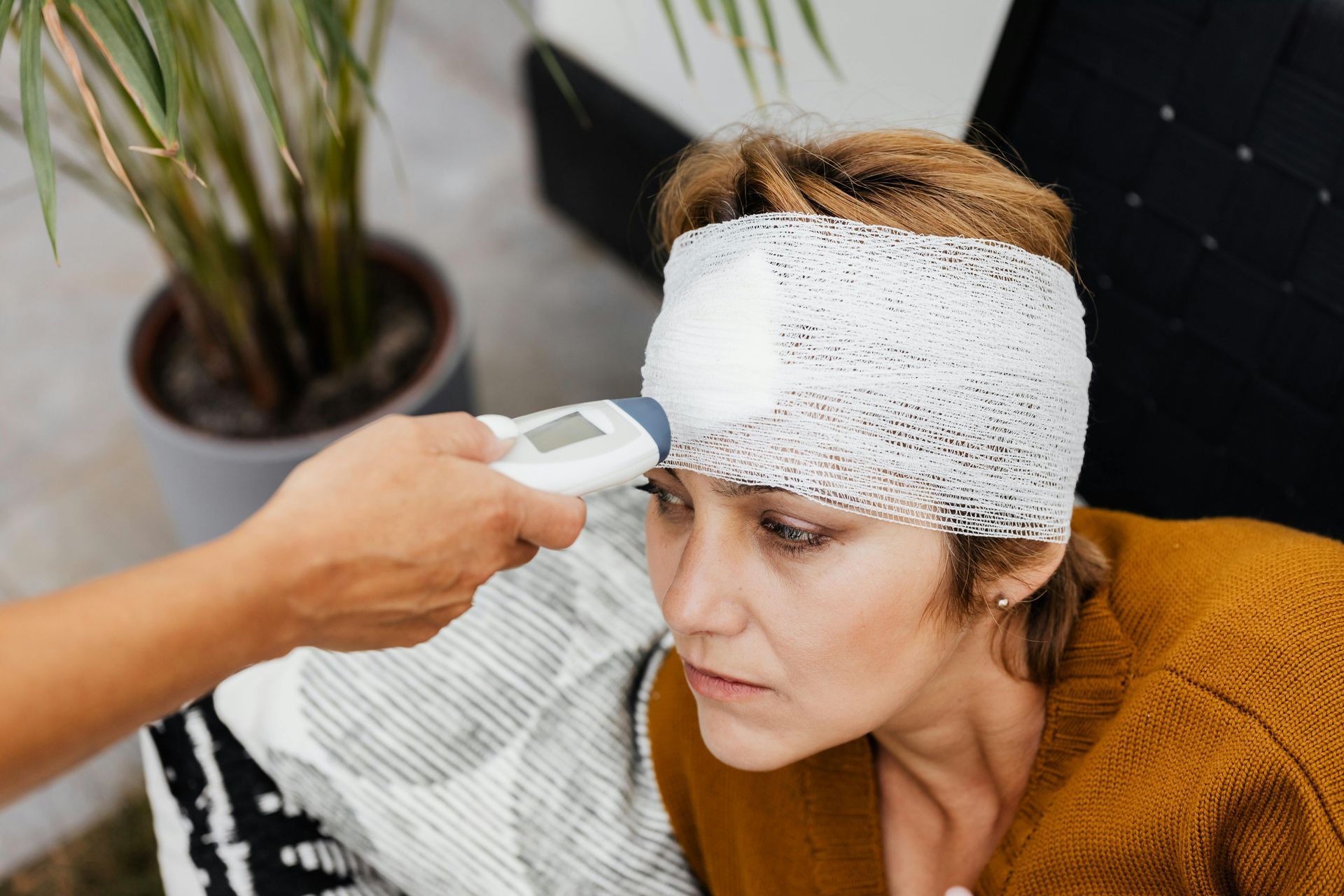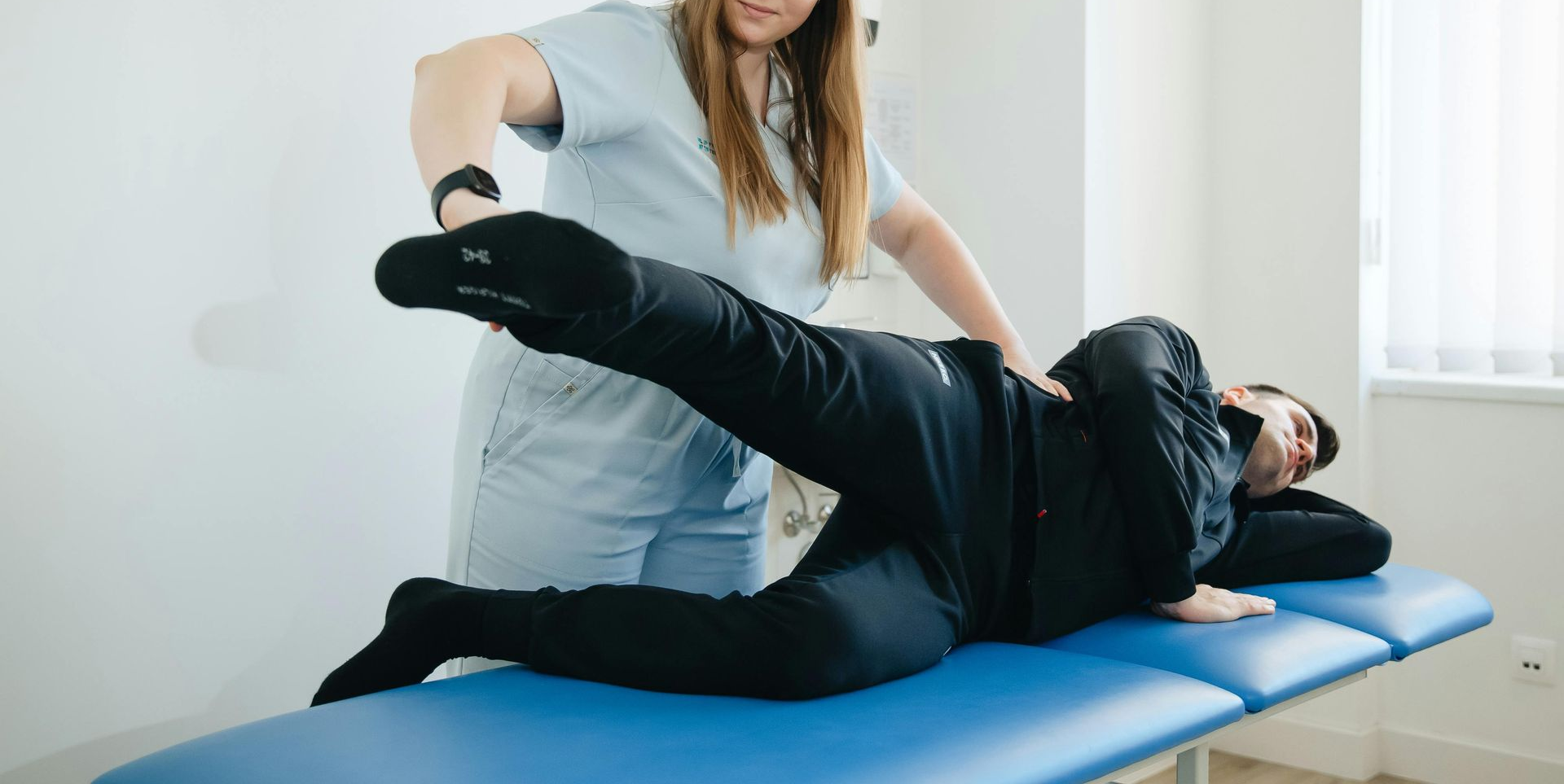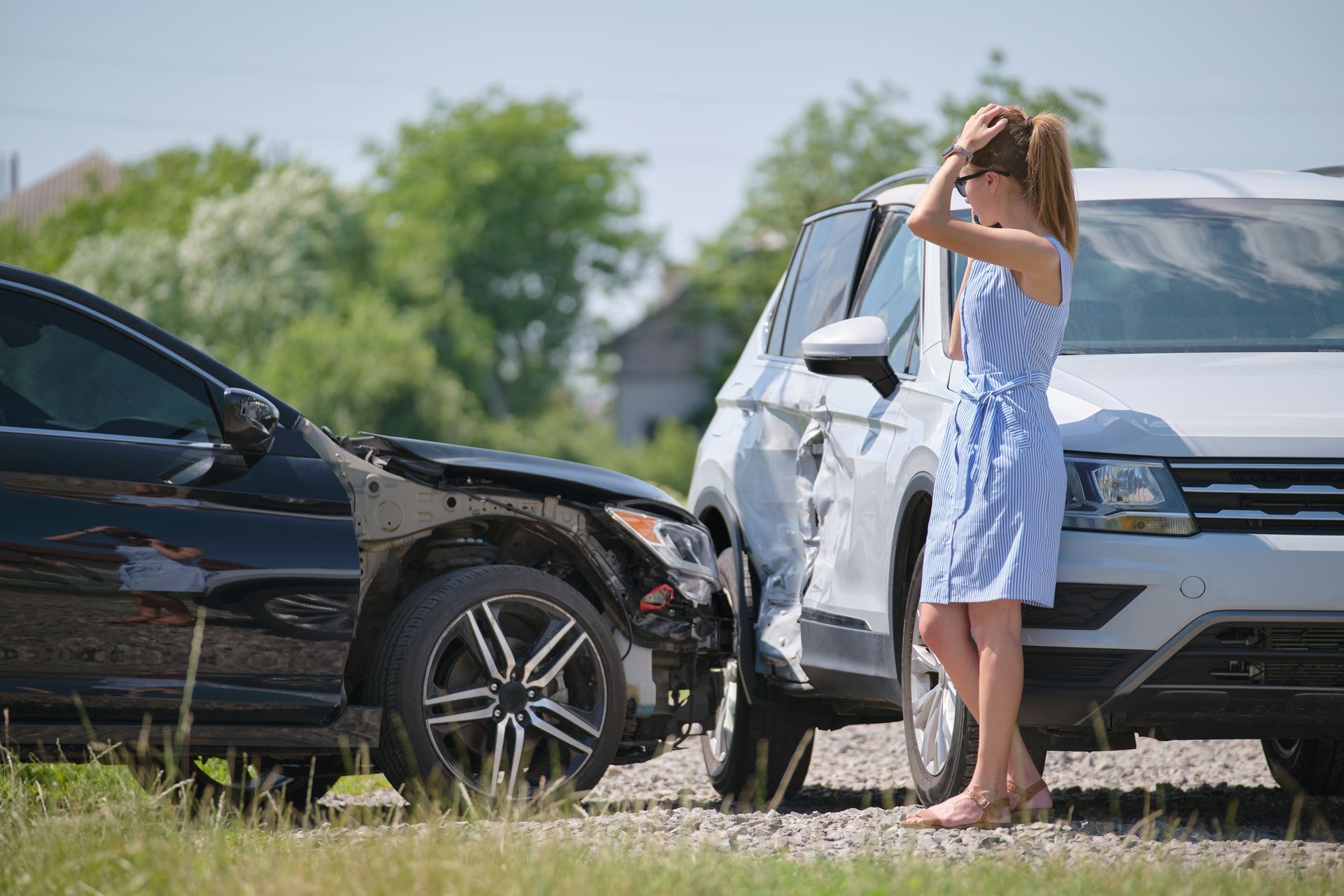Traumatic Brain Injury after an Accident
TBI After a Car Accident: What You Need to Know

Being in a car accident is traumatic enough, and adding traumatic brain injury to the entire situation is an additional insult.
Unfortunately, traumatic brain injuries (TBI) are among the most worrisome outcomes of a car crash.
Some sorts of car-related brain injuries are more obvious right away, while others may not show up for a while. In any case, a brain injury may have devastating consequences, therefore it’s important to get medical attention as soon as possible after experiencing any symptoms.
A car crash may cause many different types of brain damage.
It’s one of the most well-known forms of brain damage brought on by automobile accidents.
A concussion is a kind of brain injury caused by a blow to the head, an abrupt change in motion, or both. Consciousness loss is a common side effect of concussions. Dizziness and bewilderment are two examples of less severe symptoms that might manifest.
Contusions are just bruises in other terminology; nevertheless, brain contusions present unique challenges.
Some contusions are so serious that they have to be removed surgically. Coup-contrecoup refers to a head injury that affects both sides of the brain.
This includes both the area directly around the point of impact and the area directly across from it. You have two bruises, strictly speaking.
As the name implies, this kind of damage is caused by something penetrating the skull and landing in the brain.
This is one of the most noticeable signs of injury. Exudation of blood from the scalp implies a wound that has penetrated the skin and/or the skull, but not necessarily the brain.
Both the side of the brain that was struck (the “coup”) and the side that was struck opposite it (the “contrecoup”) were injured in a coup-contrecoup brain injury (contrecoup).
Injuries sustained in an accident were not the result of blunt force.
Blood loss, chest issues, lung and rib damage, and throat injuries all have the potential to cause situations that have an immediate impact on the brain, such as a lack of blood flow, which may lead to acquired brain injuries. When you go to the doctor, they will be able to diagnose these diseases very away and provide you advice on how to treat them right away. The possible repercussions on the brain should be kept in mind when one of these traumas occurs.

What to Do After a Car Accident
We know that in the midst of trauma making sound and logical decisions can be hard. But, learning about them in advance (or even in the aftermath) can help ease the burden of research.
As injury lawyers, we always advise our clients that the sooner they can get the necessary and appropriate medical care, the sooner they can get back on the road to good health and a full recoup of their losses.
Seek a referral for the right diagnostic imaging to identify and diagnose whether you have experienced this damage.
Getting your medical records from the ER or your primary care physician as soon as possible after a car accident is critical.
It is easier to get a full and fair legal settlement for your TBI after a car accident when it is the result of another driver’s carelessness or negligence.
An experienced personal injury lawyer can review your medical records and the care you’re receiving to ensure bills are getting paid.
Dealing with a traumatic brain injury is terrifying on its own, never mind the financial repercussions of losing wages or medical bills.
Thankfully, you don’t have to deal with it alone. We hope that our guide has shed some light on what you need to do in the aftermath of a car accident, and the key types of TBIs in all of their horrible forms.
Originally Posted On: https://angelagallo.com/tbi-after-a-car-accident-what-you-need-to-know/
























